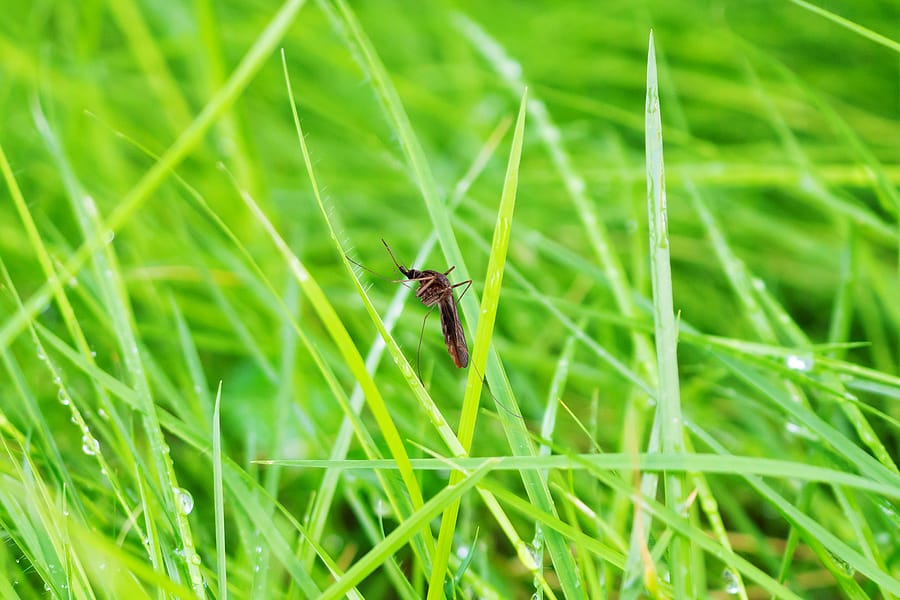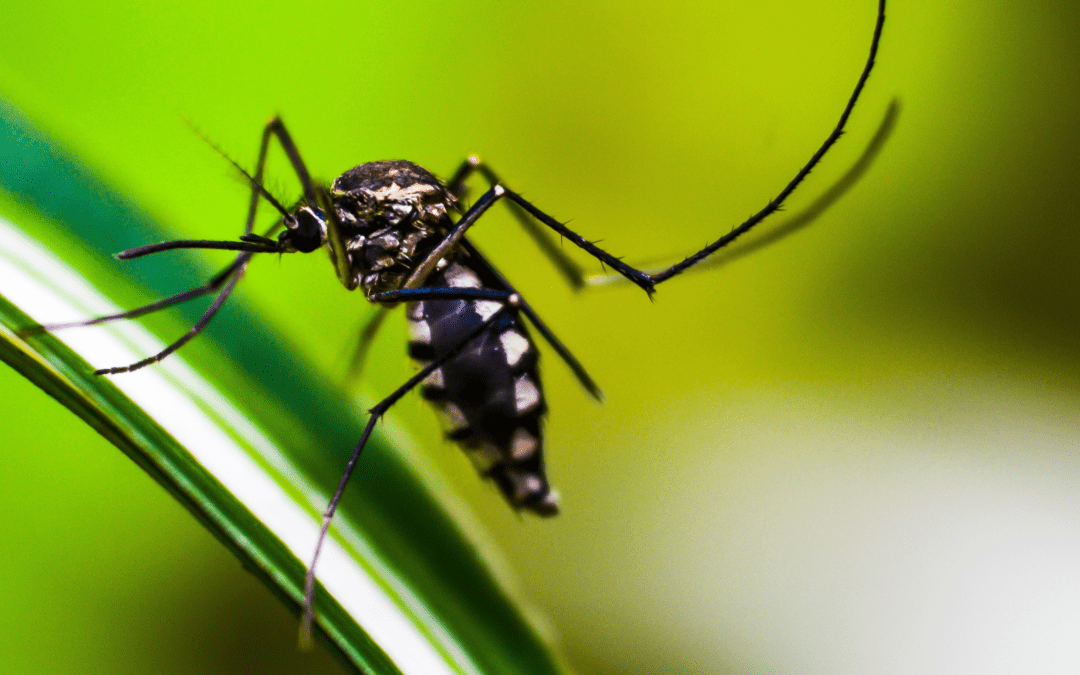READY TO GET STARTED?
REQUEST A FREE ESTIMATE
Fill out the form below or call (336) 226-1448 for a free, no-obligation estimate.

Spring is a time for renewal and growth, but unfortunately, it’s also a time for pests to emerge from their winter hiding spots and wreak havoc on homes and gardens. North Carolina, with its warm and humid climate, is particularly susceptible to pests during spring. Here are some of the most common spring pests homeowners in North Carolina may experience, along with tips on how to prevent and control them.
Termites are a serious problem in the south, and spring is the time when they start swarming in search of new nesting sites. Termites can cause extensive damage to the structure of homes, and if left untreated, can lead to costly repairs. Homeowners should be on the lookout for signs of termite infestations, such as mud tubes, discarded wings, and wood damage. To prevent termite infestations, homeowners should remove any wood debris or stumps near their homes, repair any water leaks or moisture problems, and have regular inspections by a licensed pest control professional.
Ants are another common spring pest in this area. They are attracted to food, water, and shelter and can quickly become a nuisance in homes and gardens. Ants can also cause damage to plants and can even bite humans and pets. Homeowners can prevent ant infestations by keeping their homes clean and free of food debris, sealing cracks and crevices, and trimming plants away from the home’s foundation.
Mosquitoes thrive in warm, humid environments, making the south an ideal location for them to breed. Mosquitoes can transmit diseases such as the West Nile virus and Zika virus, making them a serious health concern. Homeowners can prevent mosquito infestations by removing any standing water around their property, such as in bird baths or clogged gutters. In addition, homeowners can install screens on doors and windows to prevent mosquitoes from entering the home.
Ticks are another common spring pest. They are often found in wooded areas and can transmit diseases such as Lyme disease and Rocky Mountain spotted fever. Homeowners should take steps to prevent tick bites by wearing long-sleeved clothing, using insect repellent, and avoiding tall grass and brush. In addition, homeowners can keep their yards free of debris and trim back any overgrown vegetation to reduce the likelihood of tick infestations.
Cockroaches are a year-round problem, but they become more prevalent in the spring as the weather warms up. Cockroaches can contaminate food, trigger asthma and allergy symptoms, and transmit diseases. Homeowners can prevent cockroach infestations by keeping their homes clean and free of food debris, sealing any cracks or crevices, and reducing humidity levels.
By working with your local pest control company and taking proactive measures, you can protect your home and family from these common spring pests.

Just the thought of mosquitoes can be enough to ruin a nice day outside. They are known for being a nuisance. With spring here, taking the necessary steps to avoid mosquitoes is extremely important. Mosquito control treatments performed by professionals can help reduce these pests by targeting adult mosquitoes and larvae throughout your property. There are many factors that determine how beneficial these treatments are in helping protect you, your family, and your property.
Mosquito season typically runs from April until October. Warm season is a major factor when it comes to their activity. They are highly attracted to standing water and will usually lay their eggs there for survival. This is common for mosquitoes because they only need a small amount of water to do so. Once these eggs hatch, it can be difficult to try and control them.
If mosquitoes have hatched and are roaming your property, they can find their way inside your home. They are small which allows them to easily fit inside of holes or gaps leading into your house. It’s essential for windows and doors to have screens that are in good condition to help keep them out. If they make it inside, mosquitoes will search for a perfect place to lay eggs.
Female mosquitoes will bite and feed on humans and animals. This is because they require a blood meal to lay fertile eggs. The bites they leave can become red, itchy, and irritating for both humans and animals. Mosquito bites are also dangerous because they can spread viruses such as West Nile or Zika. To avoid mosquito bites, you should take precautions when you know you will be outside during the peak season. You can use EPA-registered mosquito repellants or wear long-sleeved shirts and pants.
With mosquito treatments, a pest professional can inspect your property to identify the resting and breeding areas. This will allow them to eliminate these pests more effectively. These services are recommended monthly during peak mosquito season to help you have a bite-free spring and summer! If you are concerned with mosquitoes on your property, contact your local pest control company for a free inspection!